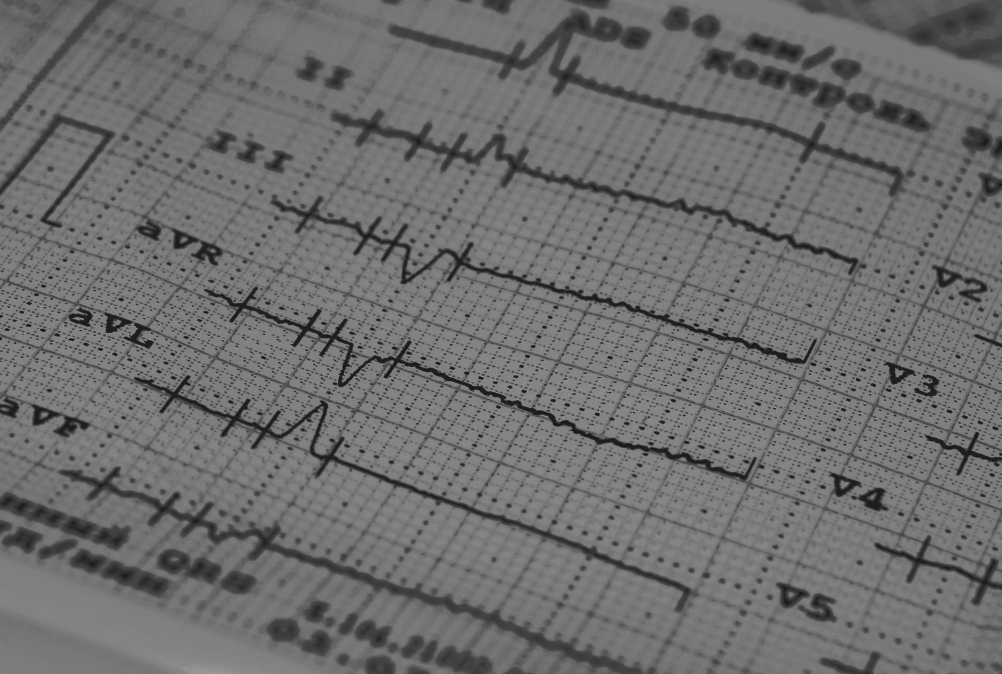Evidence linking vaping to heart problems in young people increasingly concerning
Nicotine in vaping can increase heart rate and blood pressure, contributing to the 19 per cent rise in heart failure risk.

SHAH ALAM - Evidence is mounting that vaping poses a significant risk of heart problems for young people, including active individuals, with users of e-cigarettes facing a 19 per cent higher likelihood of developing heart failure than non-users.
As vaping became increasingly popular, particularly among the youth, this emerging health concern highlighted the need for greater awareness and caution.
Former deputy health minister Dr Lee Boon Chye said people who used e-cigarettes at any point were 19 per cent more likely to develop heart failure compared to those who never used e-cigarettes.
"Nicotine in vaping can increase heart rate and blood pressure, contributing to the 19 per cent rise in heart failure risk.
"Furthermore, nicotine is addictive, creating a new generation of addicts, many of whom eventually start smoking cigarettes.
"Vape consumers typically use vaping liquids containing nicotine and in an unregulated industry, these liquids may be adulterated with illegal substances like cannabis and other drugs, leading to complications such as lung injury," he said.
Answering to the question of what symptoms or early warning signs young people should be aware of that might indicate heart problems related to vaping, Lee emphasised the importance of recognising shortness of breath and a fast heart rate or edema.
Concurring with Lee’s perspectives, health expert Professor Datuk Dr Andrew Mohanraj emphasised that the evidence linking vaping to heart problems in young people, including those who were physically active, was increasingly strong and concerning.
He also noted that numerous studies have identified an association between vaping and adverse cardiovascular outcomes.
“For instance, a study published in the Journal of the American College of Cardiology found that e-cigarette users had a higher risk of myocardial infarction, coronary artery disease and circulatory problems compared to non-users.
"Similarly, research from the American Heart Association indicated that young adults who use e-cigarettes are more likely to experience heart attacks and strokes," he said.
Andrew said nicotine in e-cigarettes can lead to increased heart rate and blood pressure, which were risk factors for cardiovascular diseases.
He said vaping has also been shown to cause atherosclerosis, or hardening of the arteries.
E-cigarette aerosols contained various chemicals and metal particles that could cause oxidative stress, leading to inflammation and damage to the vascular system.
"Young vapers should be alert to symptoms indicating potential heart issues, such as chest pain, shortness of breath, irregular heartbeats, dizziness, fatigue and swelling in the legs.
"Early detection through regular medical check-ups can prompt timely intervention to prevent serious complications.
"Maintaining a healthy diet and exercise routine can help mitigate some of the cardiovascular risks associated with vaping, which can be comparable to or worsen risks from other lifestyle factors," he added.











